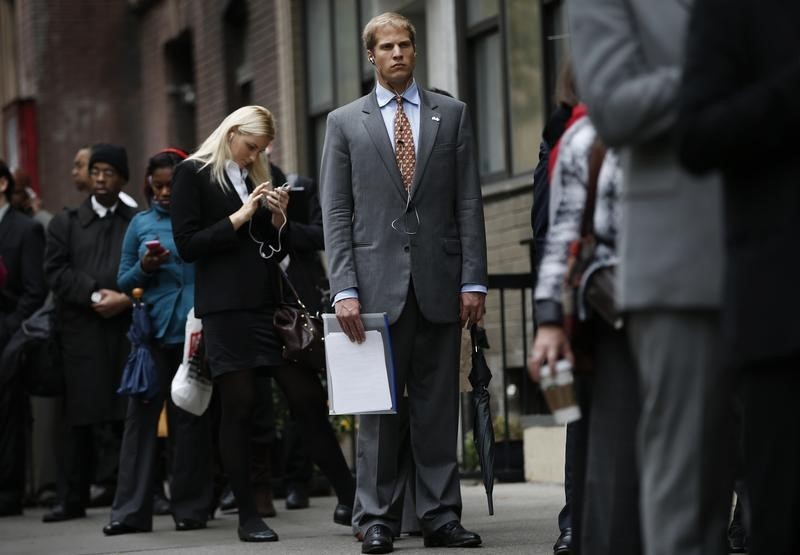As Ha-Joon Chang writes in Edible Economics: A Hungry Economist Explains the World: “The biggest problem [with GDP] is that it is based on a very ‘capitalist’ view that… the only way to decide how valuable something is to the society is to see what price it commands in the market.”
Given this, unpaid work doesn’t count and that creates its own set of problems by not taking into account a lot of free work done by individuals, particularly women. This leads to the paradox of household production.
You might also like
Three next-gen Tatas put on a Tata trust board
So, what’s the big deal about the blue tick anyway?
FY24 capex goal may be raised to ₹10 trillion
How Bengaluru airport is bridging the gap with Delhi, Mumbai
In her book, GDP: A Brief but Affectionate History, Diane Coyle explains this through an excellent example of how a widower marrying his housekeeper ends up reducing the GDP because he no longer has to pay her in order to take care of the house.
David Pilling offers another relevant example in The Growth Delusion: “If a Japanese housewife cooks her ageing father-in-law meals, helps him in and out of bed, helps him use the toilet and washes his clothes and sheets, none of her efforts count towards the economy.” This applies to daughters-in-law all over the world, including India.
In October, as per the Centre for Monitoring Indian Economy (CMIE), the female labour participation rate in India in was 8.47%. The labour participation rate is the ratio of a country’s labour force to its population aged 15 and above, where the labour force comprises all individuals who are aged 15 or more and are either employed or unemployed but actively looking for a job. Hence, as of October, less than nine out of every 100 women deemed old enough to work were either employed or actively looking for a job, implying that most Indian women were not in the official labour force for various reasons such as household responsibilities.
Further, in many single-income households where men go to work, women take care of everything else, including daily household chores, care for the elderly and everything that goes into rearing children.
The way that GDP is measured leads to a rather ironical situation. As Chang points out: “If two mothers swapped their children and took care of each other’s child, while paying each other the (same) going rate for childcare (which will leave both of them financially unaffected), GDP will increase, even if the amount of childcare remains the same.” This also leads to the situation where we talk about “‘working mothers’, as if mothers who stay at home do not ‘work’”.
So, how did we end up here? The concept of GDP and a lot of macroeconomics as we currently know it came into being in the aftermath of the Great Depression and World War II. When the Great Depression started in 1929, governments around the world had no idea of what was going on when it came to the economy as a whole. They could only address the problem of economic contraction if they were first able to define and measure it.
As Caroline Criado-Perez writes in Invisible Women: Data Bias In a World Designed for Men: “In 1934 a statistician called Simon Kuznets produced the United States’ first national accounts, This was the birth of GDP.” World War II led to further developments. As Coyle tells Criado-Perez in the book: “‘The main aim was to understand how much output could be produced and what consumption needed to be sacrificed to make sure there was enough available to support the war effort.” In the process, the economy ended up being defined as everything that governments and businesses do. Unpaid work never entered the picture, despite the economic value it has.
As Criado-Perez writes: “Principles are man-made, and so ‘after a bit of to-ing and fro-ing’, and much debate over how you would measure and value unpaid household services ‘it was decided’, says Coyle, ‘that this would be too big a task in terms of collecting the data’.” And so things have stayed since then.
Now other than the fact that work which is very important for society as a whole doesn’t get measured at all, there are other negative impacts of this as well. As Chang puts it: “This reinforces the sexist prejudice that women do nothing when they are at home, when the amount of labour put into care work at home is often much larger than what their male partners put into their paid employment.” At the same time, it also leads to situations where women end up with no pension or less pension, given that pension is tied to paid work.
To conclude, it has been close to nine decades since GDP as we know it came into being. It’s time now to address this basic problem at the heart of it. In the 1930s, there were probably very few women economists around. But that is not the case now. And it’s important that female economists around the world lead the cause of setting this major deficiency in the measure of GDP right. GDP no longer needs to be a male chauvinist.
Vivek Kaul is the author of ‘Bad Money’.
Elsewhere in Mint
In Opinion, Niranjan Rajadhyaksha writes on why inflation takes longer to go down. Arpita Mukherjee & Eshana Mukherjee explain why we have not gained from our FTAs. Long Story exposes an accounting twist that just erases emissions.
Download The Mint News App to get Daily Market Updates.
More
Less















